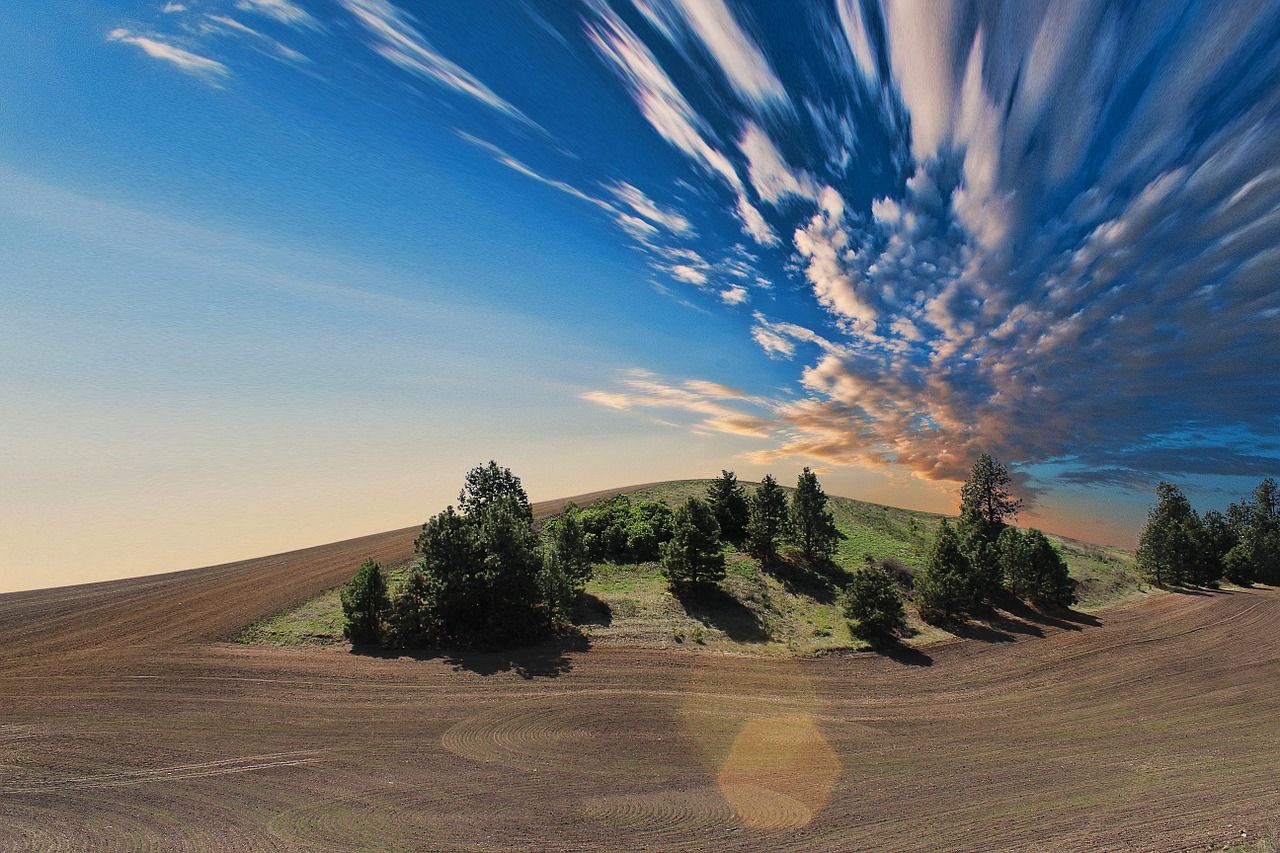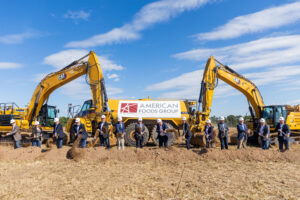Editor’s Note: Christian Witt is senior program officer for soil health at the Bill & Melinda Gates Foundation and will speaking at the upcoming Rothamsted Open Innovation Forum in the UK on January 18-20. The forum has an innovative agenda aimed at inspiring the next generation of agri-food innovation at the startup and corporate level, to solve the world’s food security challenges. For some of the last remaining tickets, go here. If you’d like to attend from overseas, email me for one of five free international delegate passes.
I caught up with Witt ahead of the event to find out how the foundation is using open innovation to reach its goals for agricultural impact.
How Does the Gates Foundation use Open Innovation?
We have several ways of driving towards impact around our strategies. The most obvious is our grant-making, but we often cite our convening power and ability to bring together a community to jointly solve a particular challenge. We have been using OI in various ways since the early days of the foundation.
For example, we have the Grand Challenges, a family of initiatives fostering innovation to solve key global health and development problems – the challenges could be very specific and technical in nature or relatively broad. Through the challenges we crowd-source ideas in an area we feel is neglected and then we may choose to fund a variety of ideas with seed money and consider any next steps the grantees propose, which could be follow-up funding or staggered funding.
In 2007, the Gates Foundation launched Grand Challenges Explorations to engage more of the world’s innovators more quickly. Great ideas come from everywhere. Twice each year, Grand Challenges Explorations invites high-risk, high-reward proposals on a range of challenges.
Our convening events are another form and we often use them to learn about a particular area and whether it would be worthwhile investing in. We bring together key thought leaders and partners in and invite them for a couple of days to help us think though all the different perspectives of a particular problem. Participation can vary from 10 to 60 people, but it’s usually very targeted around a particular topic. We may organize convening events when internally we don’t have clarity on how to approach a particular problem, or we need to understand whether better research is needed. They help us to map the landscape, get some voices to it, and connect people who might not know each other.
Can you give me an example of a convening event or Grand Challenge topic?
We have run relatively few Grand Challenges exclusively on agriculture but sometimes this is the only way to reach out to the broader community of creative minds that is hard to reach otherwise. In 2013, we ran a Grand Challenge on Labor Saving Strategies and Innovations for Women Smallholder Farmers as we felt this was an area that needed innovation, recognizing that the majority of smallholder farmers in the developing world are women who labor their fields under often difficult conditions.
In 2015, we organized a convening together with USAID to brainstorm ways to promote the commercial and sustainable production and delivery of early generation seed for food crops in Sub-Saharan Africa (follow this link to download the report). We were concerned about this particular bottleneck in the seed value chain and used the convening to draw up intervention options.
What are your main concerns today about soil health and the ag sector globally?
There are different ways to look at soil health issues. You can look at it from a farmer’s perspective in terms of soil and land productivity or more broadly in the context of environmental services. These are complex issues demanding integrated solutions.
One particular area we have identified that deserves more attention is open data access around soil, crop and land information globally. We are not organized enough in the research community to make key data available to the broader science community and the public, and that is essential because it is the key enabler for innovations; solutions can be built on top of these data and information. And it’s not just the data, it’s the analytics and knowledge on how to act on the information. This is one reason why we invested in the Africa Soil Information Service to innovate around digital soil mapping and form partnerships with researchers, governments, private sector and other partners to inform decision making at various levels in support of smallholder farming.
Are you working with GODAN?
We are member of GODAN and are actively supporting their efforts. Related, we launched our own Open Access Policy as of January 1, 2017 under which all foundation-funded research must be freely accessible online, including underlying data, without a paywall or embargo period, and freely reusable for anyone to build on with proper attribution.
Which categories of the agritech startup scene excite you the most?
There are quite a few one could list but I’m particularly intrigued at the moment by the emerging platforms facilitating innovation and collaboration like the one offered by the Center for Open Science along with an increasing number of commercial providers. We need to make it much easier for agricultural scientists and tech developers to come together and jointly work on solutions. The divide is huge and particularly so in the agricultural sciences. There is much to learn from other industries.





